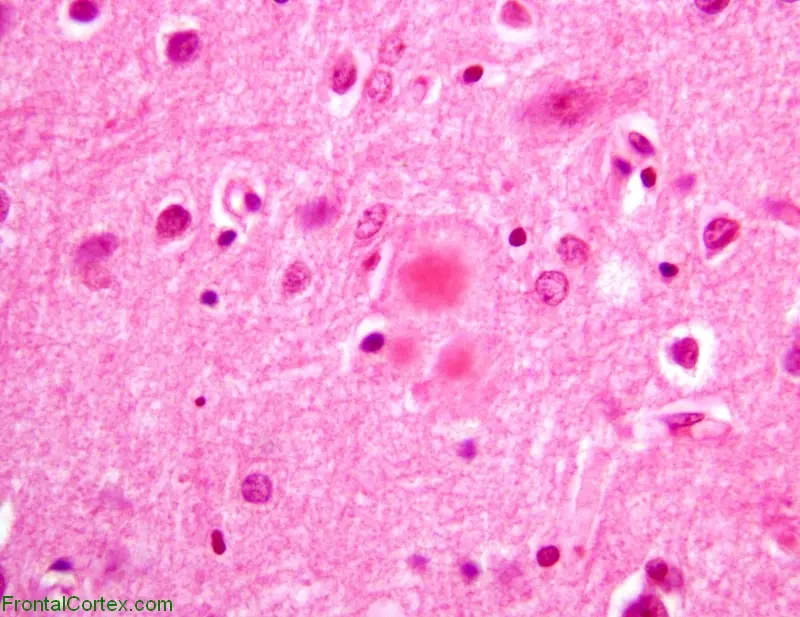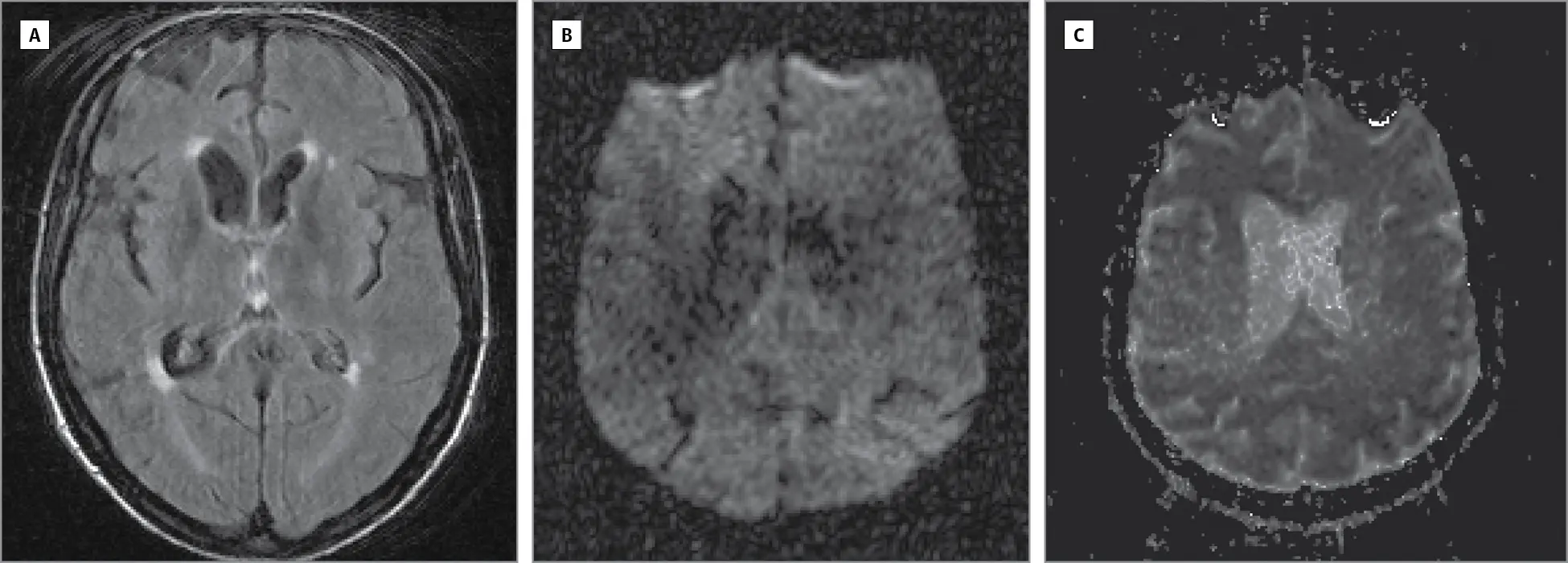Can Gerstmann-Straussler-Scheinker Disease be Cured?
No
No cure; management focuses on addressing symptoms and improving quality of life; outcomes are variable, and the disease tends to progress over time

What is Gerstmann-Straussler-Scheinker Disease?
Gerstmann-Straussler-Scheinker disease (GSS) is a rare genetic disorder that leads to progressive neurological decline. There is no cure, and treatment focuses on managing symptoms and providing supportive care.

Clinical Aspects

Characteristics
Rare, inherited prion disease that affects the nervous system

Symptoms
Progressive neurological symptoms, including ataxia (loss of coordination), cognitive decline, muscle stiffness

Diagnosis
Genetic testing, imaging studies

Prognosis
Variable; progressive and fatal

Complications
Neurological deficits, complications of untreated GSS
Etiology and Treatment

Causes
Mutations in the PRNP gene, leading to the formation of abnormal prion proteins

Treatments
Supportive care, symptom management; no specific treatment to alter the course of the disease

Prevention
Supportive care, symptom management; no specific treatment to alter the course of the disease
Public Health and Patient Perspectives

Epidemiology
Rare prion disease affecting the central nervous system

Patient Perspectives
Supportive care focuses on managing symptoms and improving quality of life
For personalized advice and care, always seek the assistance of healthcare professionals. This information is meant for general understanding and not as a replacement for professional medical advice.
Share: